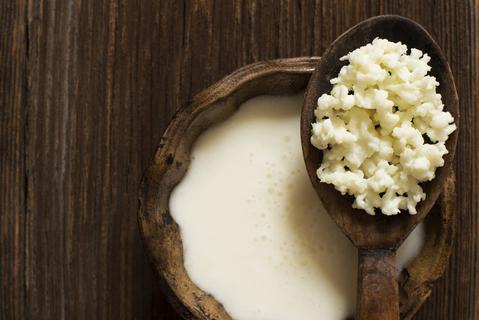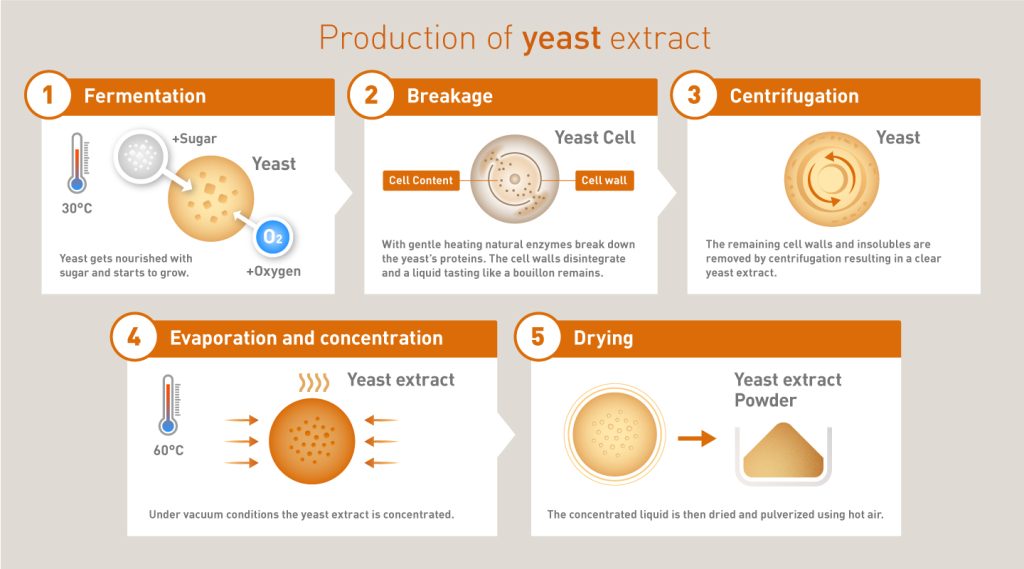As we navigate the journey of aging, our brains become more susceptible to oxidative stress and inflammation, leading to potential cognitive decline. The good news is that the food we consume plays a pivotal role in determining how our brains age. Renowned nutritionist Rob Hobson, author of “Unprocess Your Life,” emphasizes the importance of maintaining a diet rich in antioxidants, healthy fats, and essential vitamins to mitigate these effects.
Best 8 Brain Foods
Walnuts
Packed with omega-3 fats, walnuts keep brain cell membranes fluid, facilitating rapid chemical message transmission. They also elevate dopamine levels, promoting a positive mood.

Spinach
A folate-rich powerhouse, spinach contributes to the synthesis of neurotransmitters crucial for mood, sleep, learning, and memory. It also aids in reducing the risk of stroke and dementia.

Salmon
Rich in neuroprotective vitamin D, salmon regulates genes linked to brain function and reduces inflammation, preventing cognitive decline. It’s also a top source of omega-3 fatty acids.

Olive Oil
Acting as an antioxidant, vitamin E in olive oil protects the brain from free radicals, lowering the risk of oxidative stress. Studies suggest even a small daily amount can impact dementia risk.

Dark Chocolate
Opt for chocolate with 70-80% cocoa content to benefit from flavonoids that enhance blood flow to the brain. High intake shows potential in slowing age-related memory loss.

Lentils
An underrated source of iron, vital for healthy red blood cells that transport oxygen and nutrients. Iron deficiency can lead to fatigue and impact concentration.

Kefir
Supporting gut-brain communication, probiotic kefir, with lactobacillus and bifidobacterium, positively influences mental health. The gut, often called the “second brain,” plays a crucial role in serotonin production.

Eggs
Beyond being a protein source, eggs provide essential B vitamins crucial for efficient neuron function. B6, B12, and B9 particularly contribute to optimal brain health.
Understanding that brain health goes beyond nutrition, it’s crucial to adopt a holistic approach. Regular brain exercises, socializing, quality sleep, reduced alcohol consumption, quitting smoking, and regular exercise all contribute to maintaining optimal cognitive function and preventing neurodegenerative conditions.
In conclusion, embracing a diet rich in brain-boosting foods is a proactive step towards a healthier and more resilient mind. By incorporating these nutrient-dense options into your meals, you’re not just eating; you’re fueling your brain for a vibrant and fulfilling life.



